Training and Socialization of Akbash Dogs: A Comprehensive Guide
Welcome to our comprehensive guide on the training and socialization of Akbash dogs. In this article, we will delve deep into the world of Akbash dogs, providing valuable insights and expert advice to ensure you can raise a well-mannered and well-socialized canine companion. Whether you are a first-time owner or an experienced dog enthusiast, we’ve got you covered with everything you need to know.
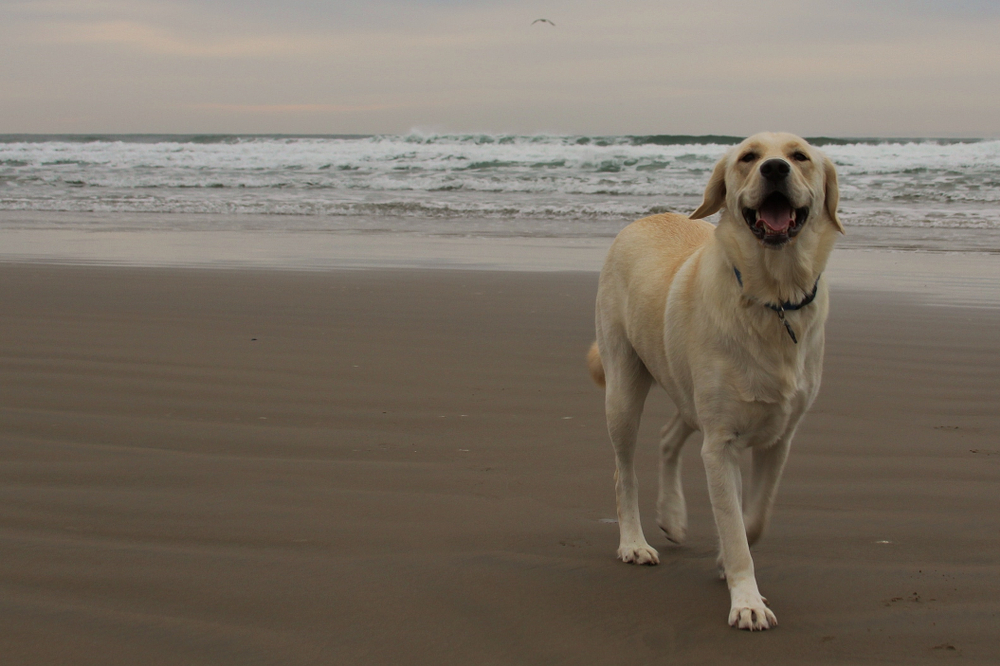
Understanding Akbash Dogs: Origins and Characteristics
Before diving into the training and socialization aspects, let’s take a moment to understand the origins and characteristics of the majestic Akbash dog breed. The Akbash dog, originating from Turkey, is known for its large size, incredible loyalty, and exceptional guarding abilities. They were primarily bred to protect livestock from predators, making them outstanding guardians.
A typical Akbash dog is strong, agile, and has a beautiful white coat. They possess a calm and composed demeanor, making them well-suited for families and as working dogs on farms. Understanding their natural instincts and traits is crucial to tailor your training and socialization efforts effectively.
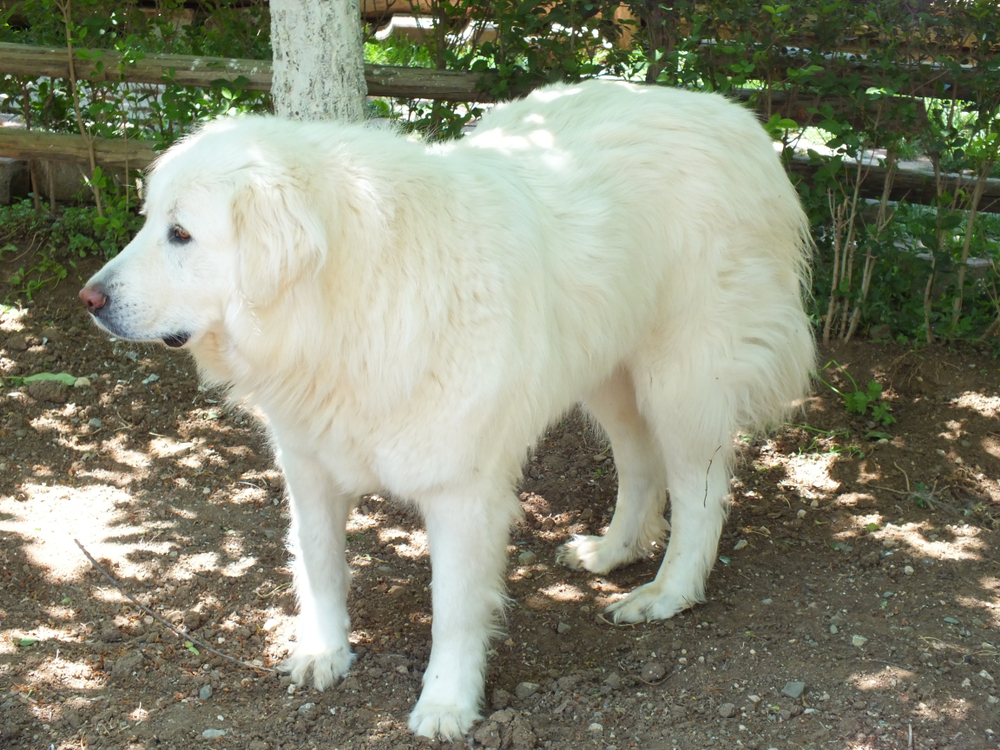
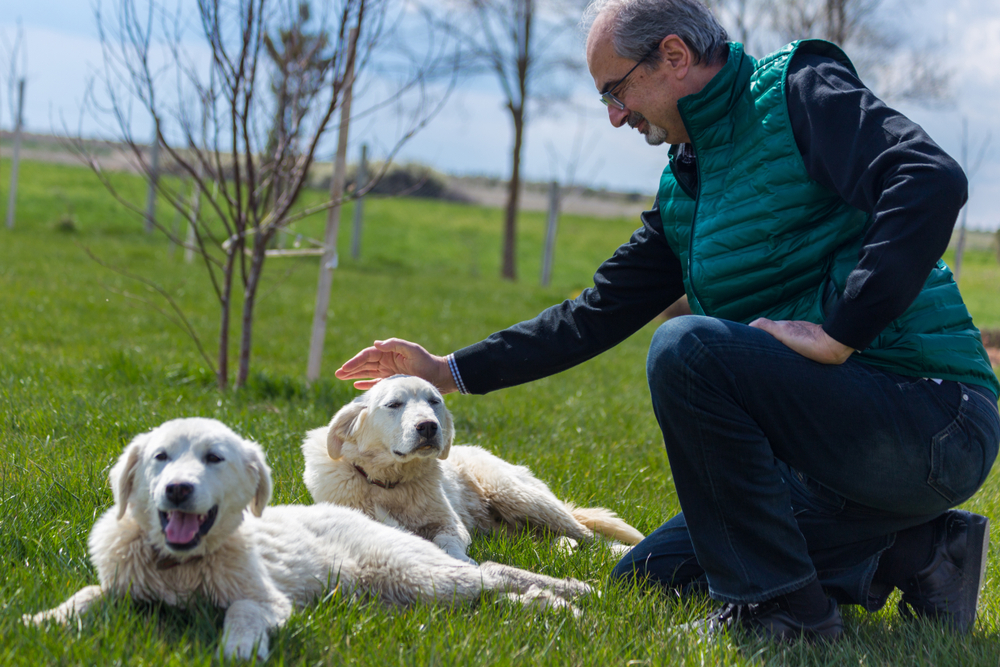
The Importance of Early Socialization
Socialization plays a vital role in the development of any dog, and the Akbash breed is no exception. Early socialization helps your Akbash puppy to become well-adjusted, friendly, and confident around various people, animals, and environments. Exposing them to different situations during their critical socialization period (usually between 3 to 16 weeks) is essential.
At this stage, introducing your Akbash puppy to other dogs, pets, different types of people, places, and experiences is crucial. It will help them build positive associations and reduce the likelihood of fear or aggression in unfamiliar situations later in life.
Positive Reinforcement Training: The Way Forward
When it comes to training Akbash dogs, positive reinforcement is the most effective and humane approach. Positive reinforcement involves rewarding desirable behaviors rather than punishing unwanted ones. Rewarding your Akbash with treats, praise, or playtime when they exhibit good behavior reinforces positive habits, making them eager to repeat those actions.
Consistency and patience are key during the training process. Repetition and positive reinforcement will help your Akbash puppy grasp commands and tricks quickly. Use clear and distinct cues for various commands like “sit,” “stay,” “come,” and “heel,” and always follow through with a reward when they obey.
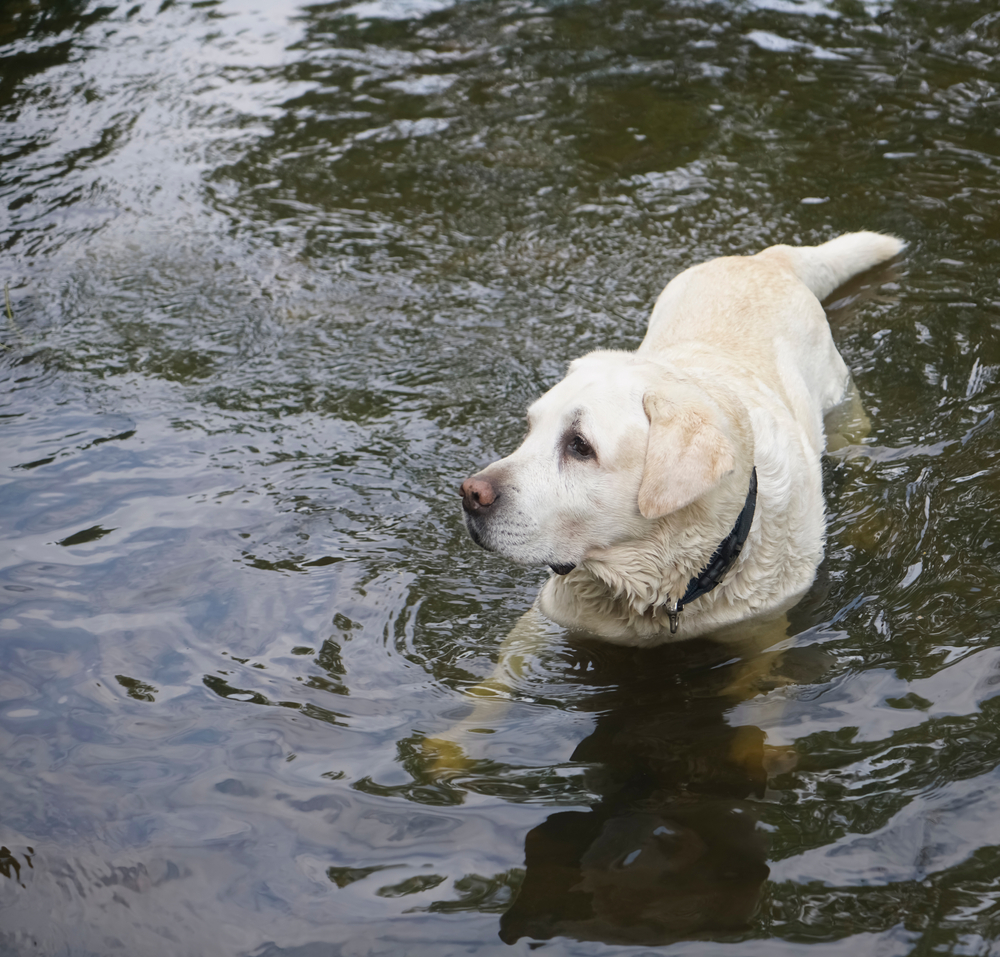
Leash Training for Akbash Dogs
Leash training is an essential aspect of raising an Akbash dog. Given their guardian instincts and large size, it is crucial to have control during walks. Start leash training early by allowing your puppy to become familiar with wearing a collar and leash. Begin indoors and gradually progress to outdoor walks.
During walks, if your Akbash pulls on the leash, stop walking and wait until they ease the tension. Avoid pulling back or yanking the leash, as it can lead to negative associations with walking. Reward them for walking calmly beside you, and over time, they will learn to walk on a loose leash.
Crate Training: Creating a Safe Haven
Crate training provides your Akbash with a safe and comfortable space they can call their own. It is not only a valuable tool for housebreaking but also helps prevent destructive behaviors when you are not around to supervise.
Introduce the crate as a positive space by placing treats and toys inside, encouraging your dog to enter willingly. Never use the crate as a form of punishment. Gradually increase the time they spend inside the crate, making it a pleasant experience. Soon, your Akbash will view the crate as a safe haven and willingly go inside.
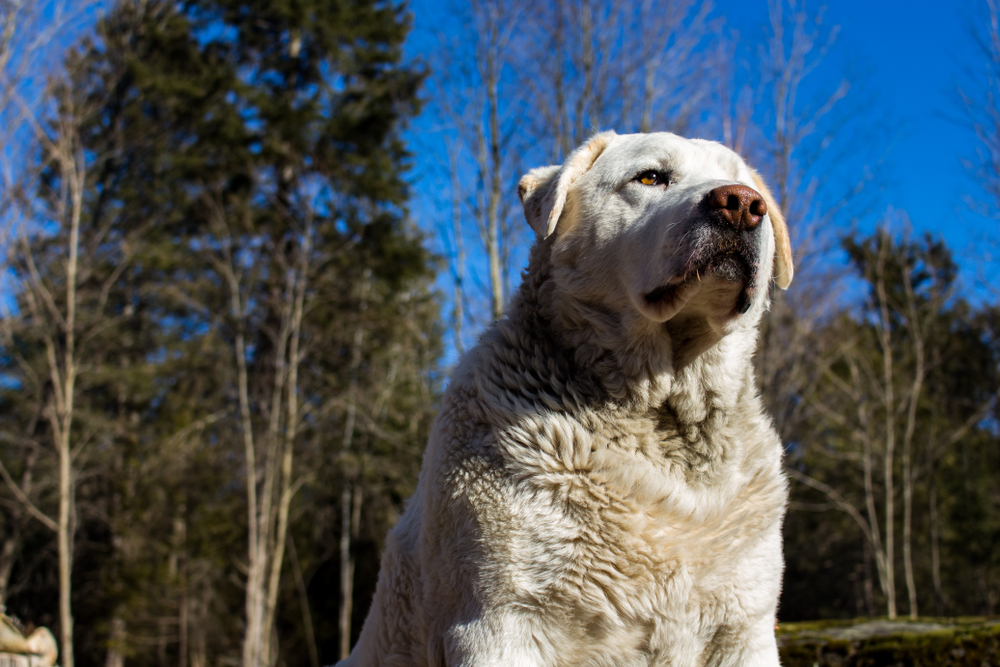
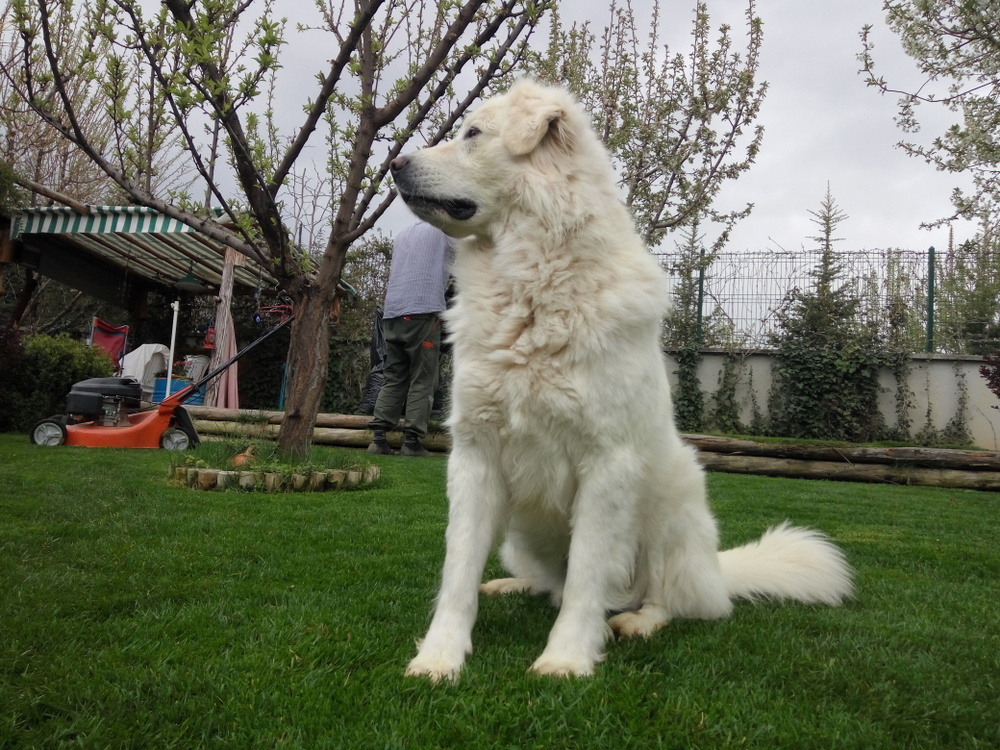
Addressing Behavioral Challenges
Every dog may face behavioral challenges at some point, and it’s essential to address them promptly and appropriately. Akbash dogs, known for their protective instincts, may sometimes display over-protective behavior or excessive barking. It’s crucial to identify the root cause of the behavior and work on modifying it positively.
Consulting a professional dog trainer or behaviorist can be beneficial in dealing with complex behavioral issues. Avoid resorting to punishment-based techniques, as they can lead to fear and aggression in your Akbash.
Health and Care of Akbash Dogs
Proper care and attention to your Akbash’s health are paramount in raising a happy and healthy companion. Regular veterinary check-ups, vaccinations, and preventive treatments for fleas and ticks are essential.
Brush your Akbash’s coat regularly to maintain its cleanliness and prevent matting. Additionally, trim their nails, clean their ears, and brush their teeth regularly to ensure overall well-being.
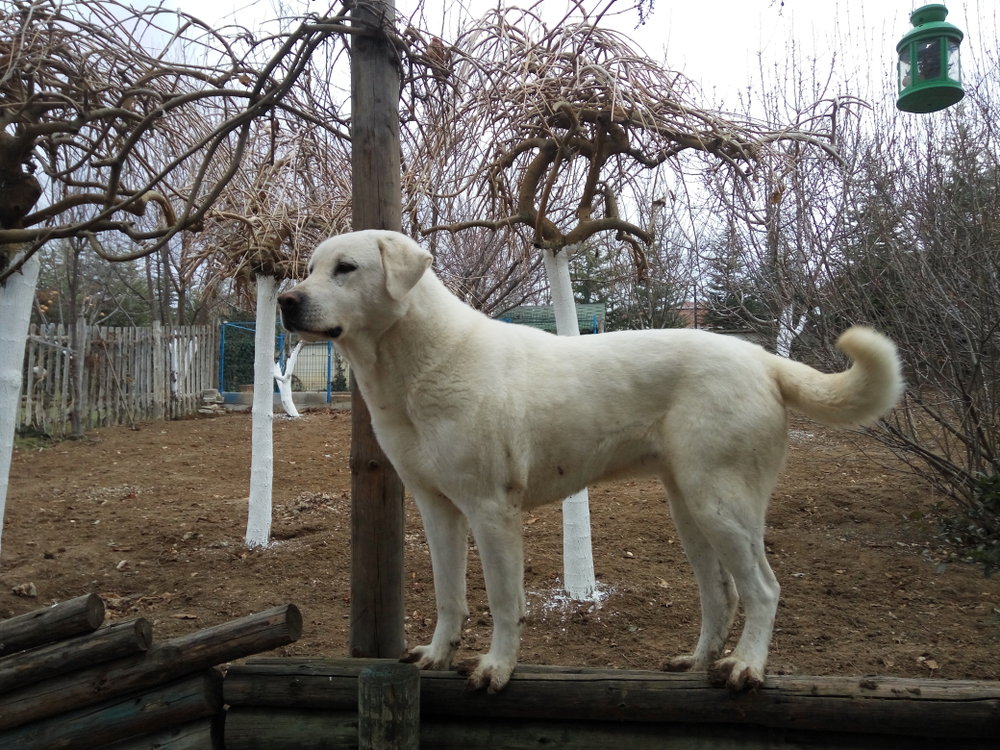
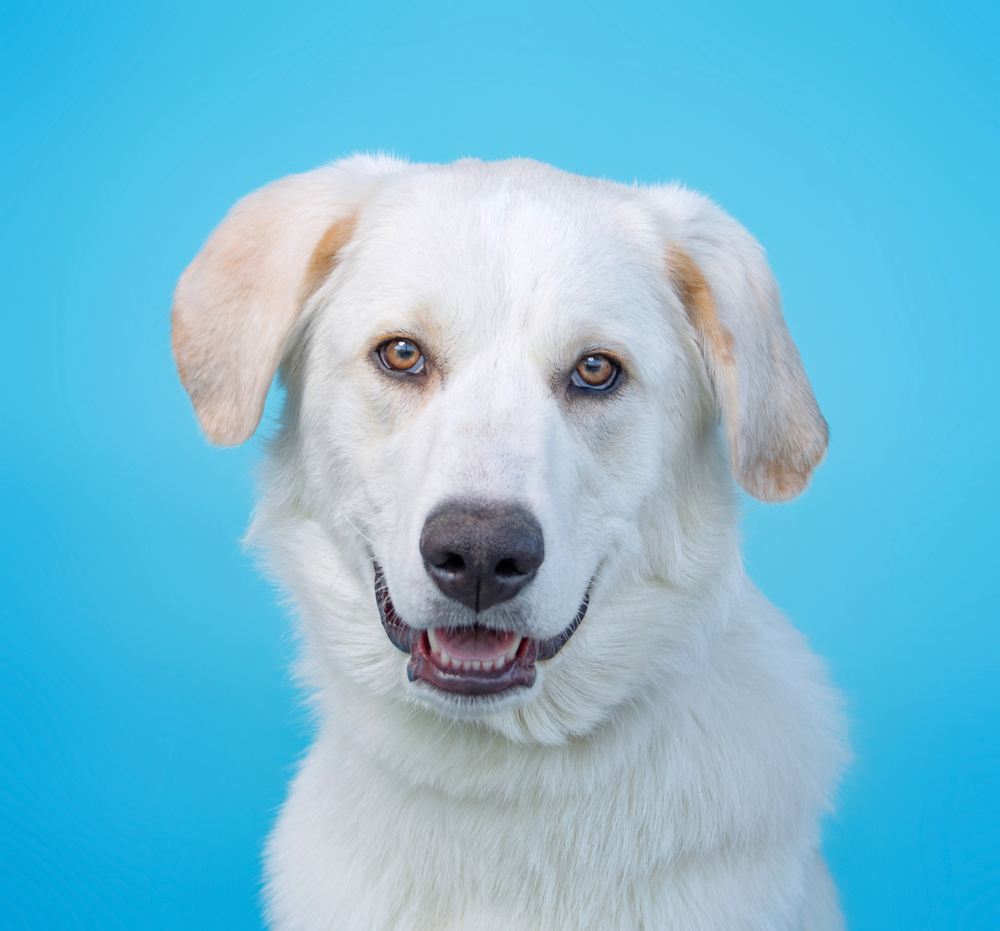
Training and Socialization of Akbash Dogs
The training and socialization of Akbash dogs are crucial for nurturing a well-balanced, confident, and obedient canine companion. Early socialization, positive reinforcement training, and addressing behavioral challenges are fundamental to their development.
Remember that every dog is unique, and training approaches may vary. Be patient, consistent, and understanding throughout the process. Building a strong bond with your Akbash will undoubtedly yield positive results.
Now you are armed with knowledge and insights to embark on an incredible journey with your Akbash dog. Cherish the companionship, and you’ll have a loyal and loving friend for life.